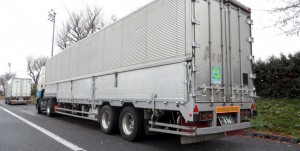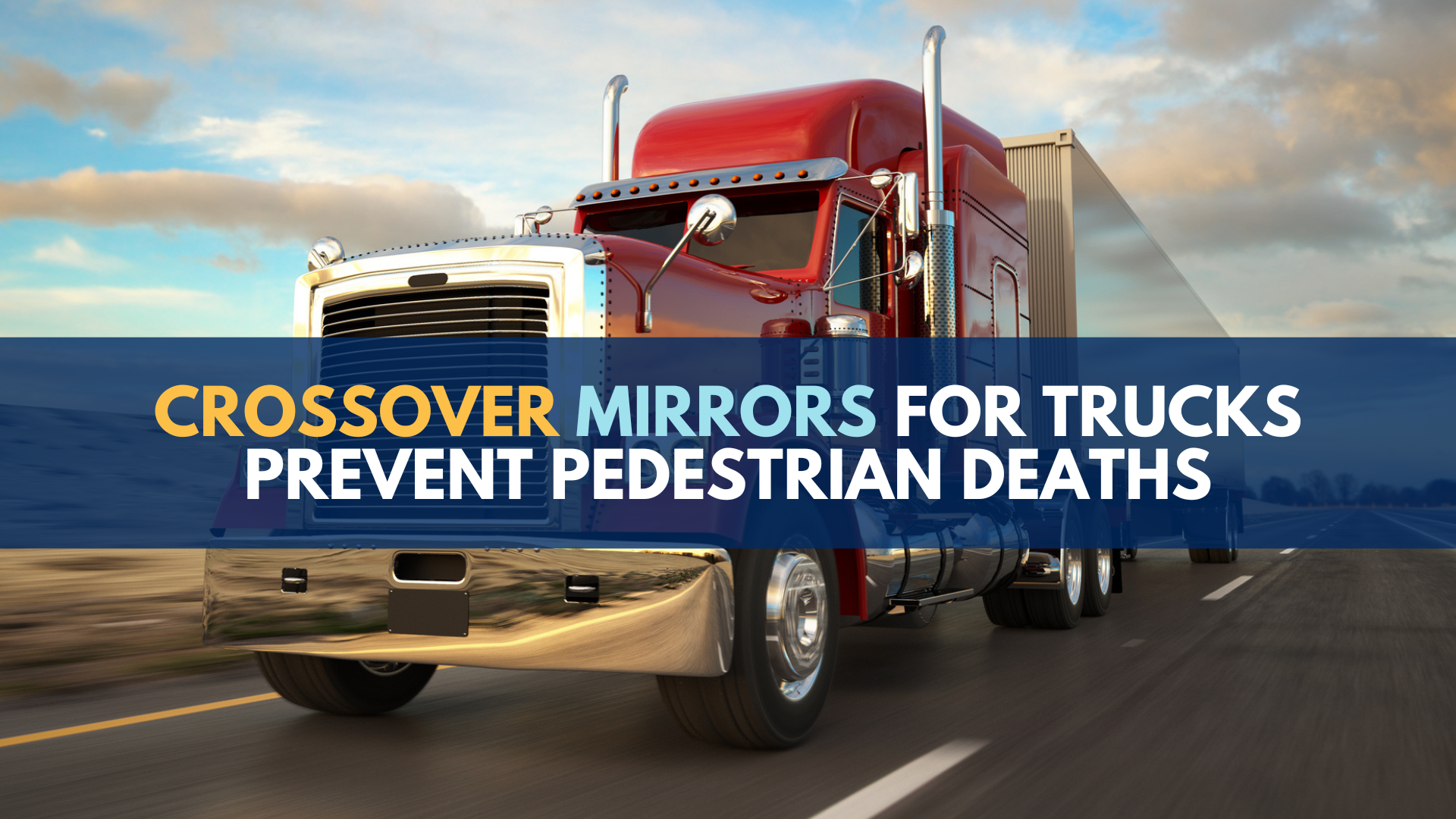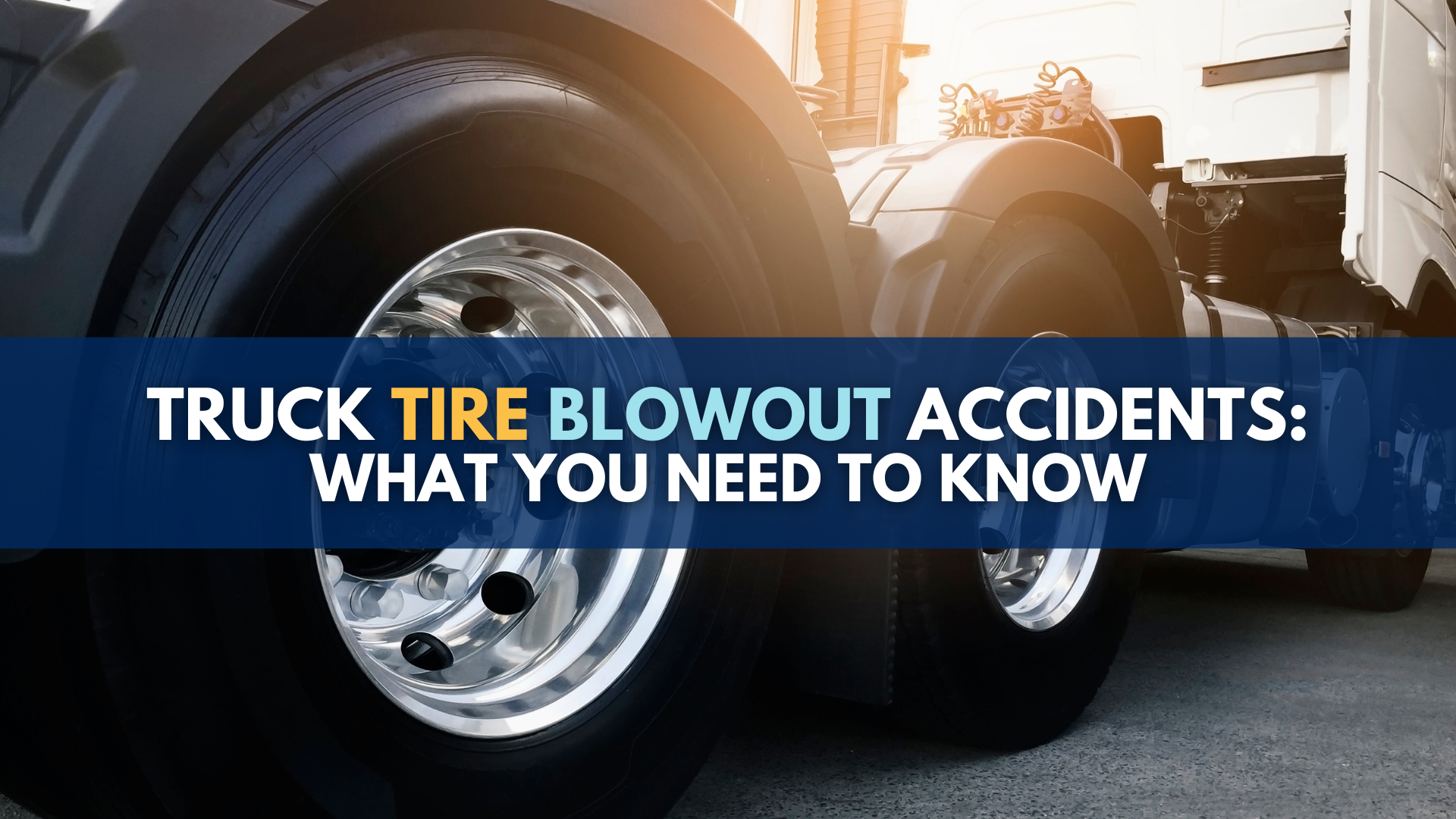
The “truck side guard” barriers prevent cars and people from slipping underneath the trucks, halting accidents that would normally result in violent fatalities or terrible injuries.
The Boston ordinance requires commercial motor vehicles over 10,000 pounds — and tractor-trailers with a combined weight over 26,000 pounds — to have guards no higher than 21.5 inches from the ground and able to withstand a force of up to 400 pounds. Boston piloted the ordinance with its own trucks last year at a cost of $1,800 per truck.
Here’s more information about the recently passed ordinance, according to an article on the Boston Globe, called “Boston City Council Passes Truck Safety Ordinance.”
Our own Michigan Auto Law attorney Kevin Seiferheld recently discussed the safety benefits of truck guards with Fox 2 news, after two rear-end truck accidents in metro Detroit.
Kevin discussed truck underride guards, which are very similar to side guards. A truck underride guard is a metal bar or bars that hang down from the bottom rear of a commercial truck’s trailer to prevent cars from slipping underneath, whereas side guards hang from the side.
Kevin told Fox 2 News, “If the cars aren’t able to go underneath the trucks, we don’t have these types of fatalities.”
I’ve been a truck accident attorney for 20 years, and I’m a past-president of the American Association for Justice Truck Litigation Group. I’m a co-founder of the Truck Accident Attorneys Roundtable, a national truck accident law firm that handles catastrophic truck lawsuits. The work I do with these groups shares a common thread: Improving truck safety and holding truck companies that choose to put profits over safety accountable when they hurt and kill innocent people. And this new ordinance in Boston is a very important development.
Just as important, the Boston ordinance also requires mirrors to provide truckers with better visibility and to help eliminate “blind spots.”
I’ve written often about truck accident fatalities involving pedestrians and bicyclists falling into the trucker’s “no zone” or blind spot. My own interest began after I helped the estate of a wonderful man who was killed by a trucker in Metro Detroit who was riding his bike and while crossing the street legally on a walk signal, became obscured by the blind spot of a trucker who began a right-hand turn on a red light.
With the “no zone,” if the trucker does not look ahead, there can be a large blind spot directly in front of and to the immediate left and right of the cab. The use of additional and very inexpensive safety side mirrors can help prevent these blind spots that cause truck accidents, especially those involving vulnerable pedestrians and bicyclists on busy city streets like Boston, New York, or Detroit.
Crossover mirrors are a simple, incredibly inexpensive and largely eliminates this “no zone” blind spot. The mirrors are designed so any person who’s at least three feet tall and one foot away from the front of the cab can be seen by the truck driver. They’re an easy, cost-effective solution that eliminates dangerous blind spots every time a trucker makes a stop.
Otherwise, these very predictable and foreseeable deaths will continue.
I commend the Boston City Council for being so proactive with their new trucking safety laws. Hopefully we can get the rest of the country to quickly follow suit, starting with Michigan, where I primarily practice law.
Related information:


